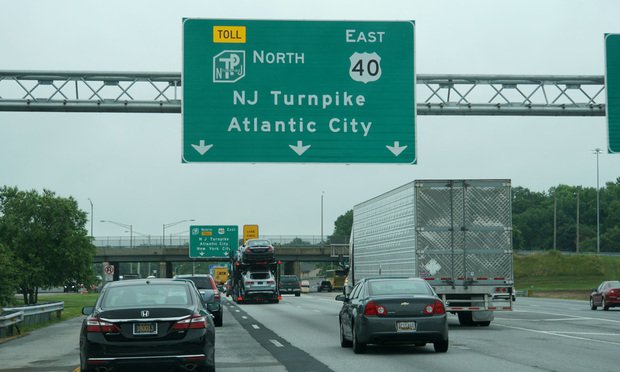 The original version of the bill applied to all lines of insurance, but it has since been pared down and currently only applies to underinsured and uninsured motorists claims. (Credit: Khairil Azhar Junos/Shutterstock.com)
The original version of the bill applied to all lines of insurance, but it has since been pared down and currently only applies to underinsured and uninsured motorists claims. (Credit: Khairil Azhar Junos/Shutterstock.com)
New Jersey Governor Phil Murphy enacted an insurance bad faith statute for auto insurers. The bill, titled "New Jersey Insurance Fair Conduct Act," establishes a private cause of action for first-party claimants regarding certain unfair, discriminatory or unreasonable practices by their insurer.
Recommended For You
Want to continue reading?
Become a Free PropertyCasualty360 Digital Reader
Your access to unlimited PropertyCasualty360 content isn’t changing.
Once you are an ALM digital member, you’ll receive:
- Breaking insurance news and analysis, on-site and via our newsletters and custom alerts
- Weekly Insurance Speak podcast featuring exclusive interviews with industry leaders
- Educational webcasts, white papers, and ebooks from industry thought leaders
- Critical converage of the employee benefits and financial advisory markets on our other ALM sites, BenefitsPRO and ThinkAdvisor
Already have an account? Sign In Now
© Touchpoint Markets, All Rights Reserved. Request academic re-use from www.copyright.com. All other uses, submit a request to [email protected]. For more inforrmation visit Asset & Logo Licensing.







